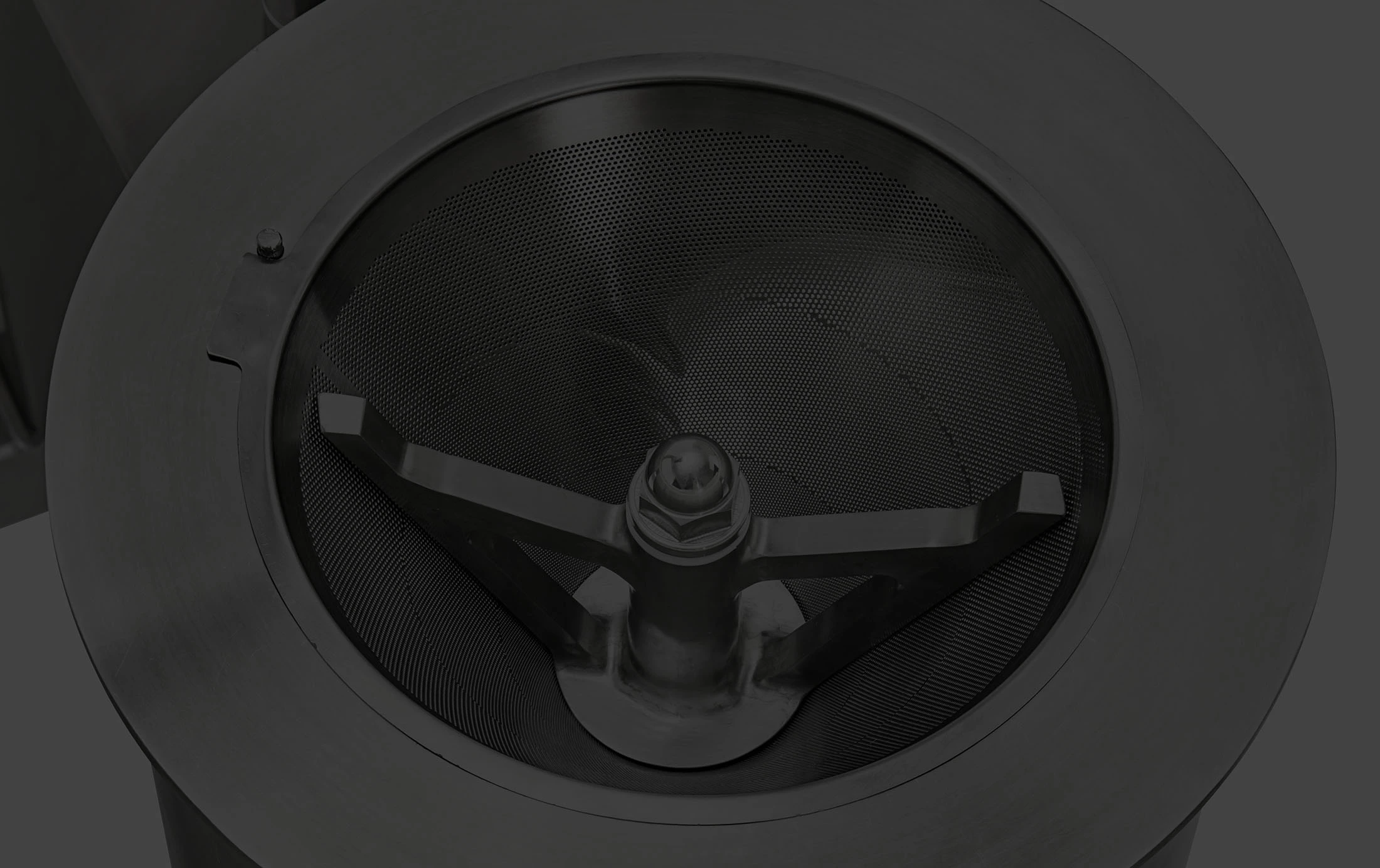Truly continuous manufacturing in pharma had remained somewhat elusive until very recently. Active pharmaceutical ingredients (APIs) have tended not to lend themselves readily to this streamlined manufacturing approach. Despite growing interest — and investment in — continuous manufacturing, the reality is, continuous processing in pharmaceutical manufacturing is not always cost-effective or otherwise appropriate.
The reasons for this include the time (and expense) involved in process evaluation and the difficulty of adapting small-molecule processes to continuous manufacturing — not to mention the economic realities of the investment involved in making the change. On one hand, continuous manufacturing is viewed as a way to increase efficiency and minimize costs. On the other, it simply may not be practical in many instances.
Continuous is not Always Practical
In the past decade or so, the Food and Drug Administration has invested significant funds into fostering continuous manufacturing in pharma. Some notable examples have already resulted — such as the switch by Janssen Pharmaceuticals from batch to continuous processing for the manufacture of the HIV-1 treatment, Prezista (darunavir), in 2016. The FDA believes continuous manufacturing will boost the speed and reliability of production. Essentially, it’s viewed as a step toward avoiding future drug shortages.
Yet experts remain skeptical that the switch from batch to continuous manufacturing will become the industry norm anytime soon. Indeed, the shift from existing processes faces an especially steep uphill climb, given the challenges associated with replacing existing facilities, machinery and processes to accommodate continuous processing.
Instead of attempting to adapt an existing product to this approach, it’s viewed as more feasible to approach continuous processing from a new drug’s inception. Among other factors, pursuing continuous processing in pharmaceutical manufacturing requires buy-in from senior management. It will be up to these individuals to look beyond the hype and objectively evaluate the potential benefits — or pitfalls — of investing in such a costly transition.
To Succeed, Continuous Manufacturing Must be Implemented from Inception
Given the need to generate a final product suitable for evaluation in clinical trials, the ability to manufacture new drugs according to the continuous model needs to be in place from the beginning. A product suitable for use in clinical trials cannot be manufactured by batch processing, only to shift later to continuous processing. Common sense and FDA regulations require that any drugs undergoing clinical trials must be exactly the same as those eventually marketed to consumers.
At present, there would appear to be little incentive to invest in making such a dramatic switch in production. It’s worth noting that saving a little money by switching to continuous manufacturing is unlikely to justify the huge expenses involved in bringing about the change. Anticipated savings would need to be very significant indeed. The costs involved in making the transition exceed mere infrastructure adaptations and changes. Other factors come into play as well — including the existing skill sets of employees (and the need for retraining), supply chains, accounting practices, etc.
We Can Help
 Pharmaceutical manufacturing can be remarkably complex. Fortunately, we can offer practical solutions for many of your toughest challenges. If you have questions about your processes, the seasoned experts at Quadro Engineering can help - just give us a call on +1 (519) 884-9660 or drop us a request.
Pharmaceutical manufacturing can be remarkably complex. Fortunately, we can offer practical solutions for many of your toughest challenges. If you have questions about your processes, the seasoned experts at Quadro Engineering can help - just give us a call on +1 (519) 884-9660 or drop us a request.
Topics:
Continuous Manufacturing
